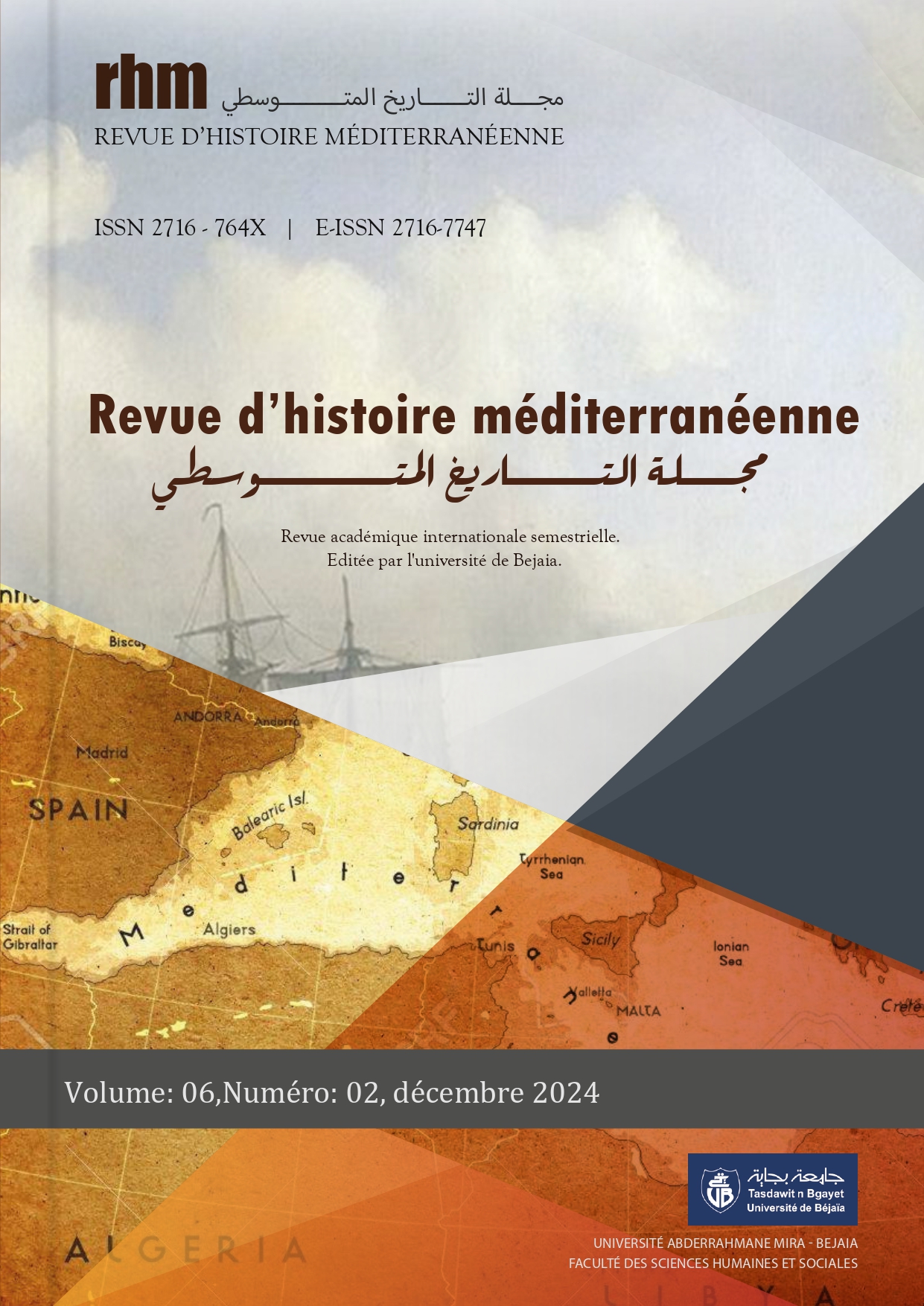Hammams (baths) and their symbolism in the Algerian society during the Ottoman era
Résumé
This paper aims to shed light on the baths and their symbolism in the Algerian society during the Ottoman era, whether natural (mineral) or steam baths. These facilities became widespread in Algeria during this period. Like in other Islamic cities, these baths, particularly steam baths, proliferated across urban areas and were considered significant manifestations of civilization and luxury.
Baths played an essential role in society both socially and economically, as people frequented them for various purposes. Some visited steam baths for the sake of cleanliness or to purify themselves before performing religious rituals. Others sought natural (mineral) baths for treating physical and spiritual ailments or simply for relaxation.
During the Ottoman period, the first steps toward engagement and marriage often took place in the bath, where women gathered to discuss their personal concerns and exchange ideas, including topics such as cooking and adornment, etc. Baths also provided an opportunity for women to showcase their wealth and elegance. For men, baths served as venues for discussing important matters, such as marriage arrangements and business deals. Additionally, they occasionally functioned as sites for settling conflicts or eliminating rivals.











